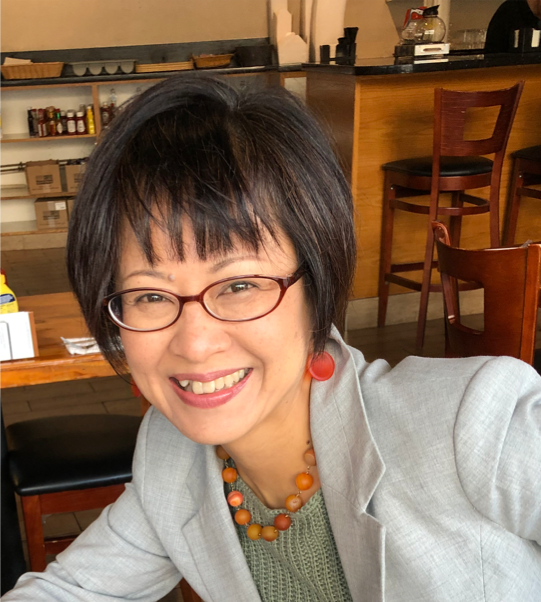Bio
Akiko Takeyama is associate professor in Women, Gender, and Sexuality Studies at the University of Kansas. Her research and teaching interests lie in changing gender, sexuality, and class dynamics in the context of neoliberal globalization. Her first book, Staged Seduction: Selling Dreams in a Tokyo Host Club (2016 Stanford University Press), which theorizes the commercialization of feelings, emotions, and intimate relationships in contemporary Japan’s service-centered economy, was shortlisted for 2017 Michelle Rosaldo Book Prize, Association of Feminist Anthropology in American Anthropological Association. Her second book project explores the interrelation among politico-legal systems, information technology, and the global economy through the lens of contract-based sexual labor in the adult video industries of Japan and the U.S. She is a recipient of Japan Foundation Research Fellowship, SSRC-JSPS (Japan Society for the Promotion of Science) Fellowship, and Wenner-Gren Hunt Postdoctoral Fellowship.

